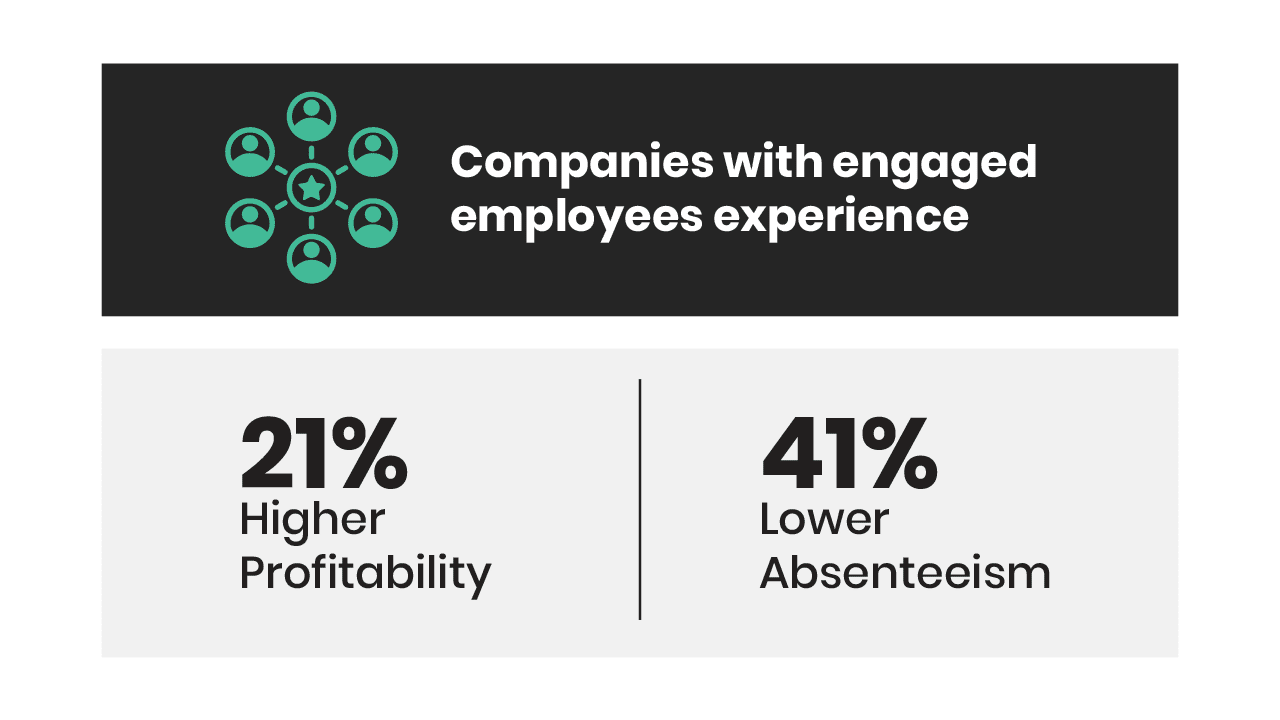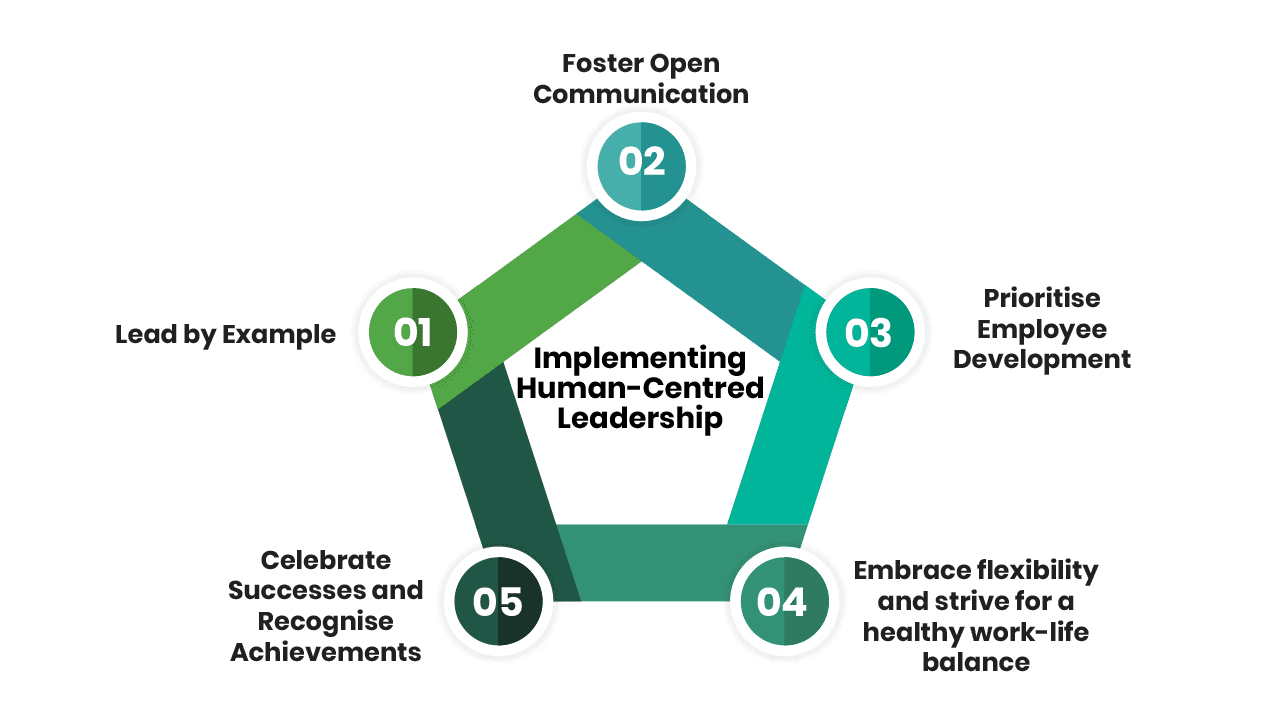Leadership in today’s competitive business landscape is undergoing a profound transformation. Success is no longer defined by ruthless tactics or strict performance metrics alone. Instead, the most effective leaders lead with empathy, authenticity, and a genuine concern for their team’s well-being. This new wave of human-centred leadership challenges the traditional top-down approach, emphasising relationships and purpose. It is reshaping our understanding of what it truly means to be a great leader.
Jane had always dreamt of being a leader. After years of honing her skills and climbing the corporate ladder, she finally landed her dream job as the VP of Operations at a large multinational corporation. Eager to make her mark, she arrived on her first day ready to prove her worth. However, she quickly realised that the cut-throat, numbers-driven culture of the organisation did not align with her values and beliefs.
Instead of getting caught up in the rat race, Jane took a different approach. She focused on building genuine relationships with her team, taking the time to understand each person’s unique perspectives and needs. Regular check-ins, open communication, and a sense of teamwork began to transform the department’s culture. As employees felt truly heard and valued, their commitment to the organisation strengthened. Studies show that companies with engaged employees experience 21% higher profitability and 41% lower absenteeism, a reflection of the value that human-centred leadership can bring.
The positive shift in team dynamics did not go unnoticed; clients and stakeholders praised Jane’s leadership style, recognising the vibrant energy and collaborative spirit that permeated the organisation. The shift toward a more innovative and responsive workplace culture contributed directly to organisational growth. Research shows that companies led by human-centred leaders are 32% more likely to outperform competitors in revenue growth and innovation.
Jane’s story is one example of the growing trend toward human-centred leadership. Leaders must move beyond traditional, top-down management in a complex and volatile business landscape and embrace a more holistic, people-centric model. This approach is based on empathy, authenticity, and a genuine desire to make a positive difference in the lives of those around them. This shift not only improves workplace culture but drives business success. This article explores the critical characteristics, benefits, and implementation strategies for human-centred leadership and how this shift can improve workplace culture and drive business success.
Critical Characteristics of Human-Centred Leadership
Human-centred leadership revolves around key qualities that set it apart from traditional leadership models:
- Actionable Empathy: Effective human-centred leaders are deeply attuned to their team’s needs, emotions, and experiences. They listen actively, show compassion, and strive to understand their employees’ challenges and concerns.
- Authenticity: Human-centred leaders are transparent, vulnerable, and authentic to themselves. They don’t hide behind a corporate facade but embrace their unique strengths, weaknesses, and personal stories.
- Servant Leadership: Rather than commanding and controlling, human-centred leaders see their role as that of a servant, whose primary function is to support, empower, and enable their team to thrive.
- Values-based Collaboration and Visionary Co-Creation: Human-centred leaders encourage open collaboration, inviting team members to share ideas, provide feedback, and contribute to decision-making.
- Mission-Focused and Purpose-Driven: Human-centred leaders have a strong sense of purpose and want to impact the world positively. They motivate their teams to work together toward a shared vision that reflects their values and beliefs.
The Benefits of Human-Centred Leadership
Human-centred leadership creates a ripple effect that transforms how organisations function, beginning with how leaders interact with their teams. This leadership style nurtures a more connected and motivated workforce by placing people at the heart of decision-making and fostering a culture of empathy, collaboration, and purpose.
The emphasis on shared values and open communication creates an environment where innovation and trust can thrive. Over time, this approach reshapes internal and external relationships, leading to lasting positive organisational change. By embracing a human-centred approach to leadership, organisations can unlock a host of benefits, including:
- Increased Employee Engagement and Retention: When employees feel valued, supported, and empowered, they are more likely to be engaged, motivated, and loyal to the organisation. This can lead to lower turnover rates and higher productivity.
- Enhanced Collaboration and Innovation: A culture of collaboration and co-creation can lead to new ideas, better problem-solving, and more innovative solutions. This can give organisations a competitive edge in the marketplace.
- Improved Customer Satisfaction: Happy and engaged employees are more likely to provide exceptional customer service and build solid and lasting client relationships. This can lead to higher customer loyalty and repeat business.
- Stronger Organisational Resilience: By fostering a sense of community and shared purpose, human-centred leaders can help their organisations navigate turbulent times and emerge more vital than ever.
Implementing Human-Centred Leadership
Transitioning to a human-centred approach to leadership can be a significant shift for organisations that are used to more traditional, top-down management styles. However, the benefits of this approach are well worth the effort. Here are some critical steps that organisations can take to implement human-centred leadership:
- Lead by Example: The tone for human-centred leadership must emanate from the top. Executives and senior leaders should exemplify the desired behaviours and foster a culture that emphasises empathy, authenticity, and servant leadership.
- Foster Open Communication: Promote honest and transparent communication across the organisation. Encourage team members to share ideas, provide feedback, and participate in meaningful conversations.
- Prioritise Employee Development: Invest in your team’s professional and personal development. Offer training, mentorship, and coaching programs to help them grow and reach their full potential.
- Embrace Flexibility and Strive for a Healthy Work-life Balance: Recognise that employees have lives outside of work and need a healthy work-life balance for their well-being and productivity.
- Celebrate Successes and Recognise Achievements: Acknowledge and celebrate your team’s accomplishments individually and as a group. This can help build a sense of pride and belonging within the organisation.
The Future of Leadership
Human-centred leadership is not just a passing trend—it’s fast becoming necessary for organisations aiming to thrive in the 21st century. In an increasingly complex world, leadership prioritising empathy, trust, and purpose can unlock potential that conventional models overlook. As organisations evolve, the most successful leaders will embrace this new paradigm and place people at the heart of their leadership philosophy.
Leaders can ignite their teams’ full potential and build profitable institutions by embracing these strategies and embedding the principles of human-centred leadership into the fabric of their organisations. The future of leadership belongs to those who understand that investing in people is the ultimate key to sustained success.
pcl. can support organisations adopting human-centred leadership by offering tailored leadership development programmes, strategic coaching, and change management services. Through workshops and executive coaching, pcl. can help leaders cultivate essential qualities such as empathy, authenticity, and servant leadership. Additionally, we can facilitate the integration of human-centred practices into organisational cultures, fostering collaboration, open communication, and purpose-driven leadership. By aligning leadership with organisational values, pcl. enables businesses to enhance employee engagement, innovation, and overall performance, driving long-term success in today’s evolving business landscape.
Written by:
Teju Oladapo
![]()


